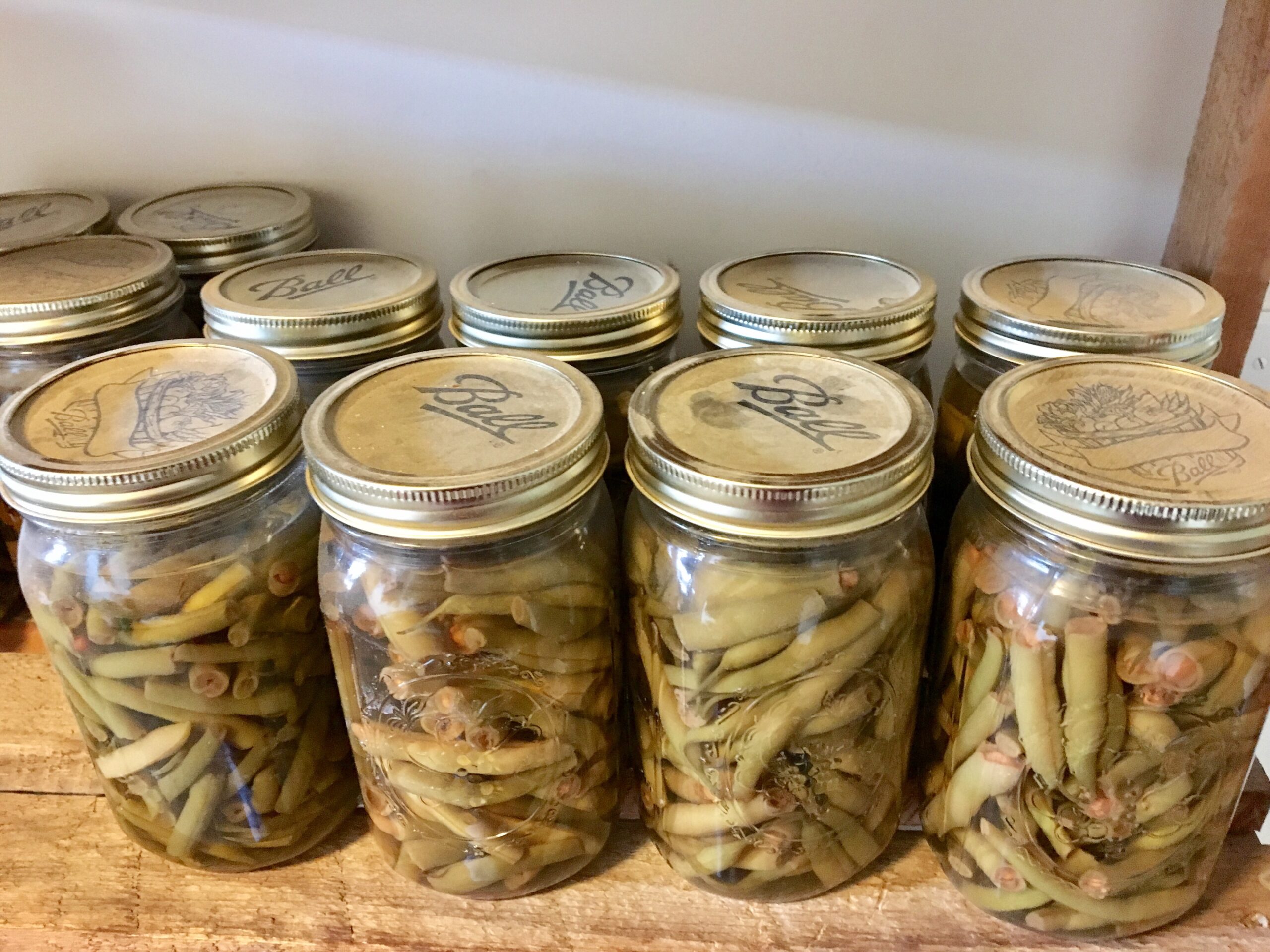
HOULTON, Maine — Each year, when the end of spring emerges near Memorial Day weekend, Kim Frasier of Houlton begins dreaming about the vegetables that she will plant in her garden.
“Like a lot of people, I usually put my seeds in the ground on Memorial Day weekend or a few days after,” she said. “And I try to vary what I plant each year.”
Along with tending the garden and watching the vegetables grow, Frasier said Tuesday that she also enjoys canning and freezing the produce that she grows each year.
“There is nothing like opening a can of beans to have with Christmas dinner that you just grew yourself a few months before,” she said. “They still taste great and they are much healthier for you than something you can buy in the supermarket.”
At the same time, fruits and vegetables must be prepared safely for canning, pickling and freezing so that the product holds up and doesn’t harm anyone, according to officials at the University of Maine Cooperative Extension.

Extend the shelf life of summer vegetables by canning them, such as these home canned tomatoes. (Bita Honarvar/Atlanta Journal-Constitution/MCT)
Lisa Fishman is the regional supervisor for the Eat Well Nutrition Education Program at the University of Maine Cooperative Extension in Fort Kent.
She said Tuesday that it is vital for anyone thinking of freezing, canning or pickling foods to start off with “good, safe equipment” and high quality fruits and vegetables.
“Make sure that your jars are not cracked and you purchase new seals for your jars each year,” she said. “You can reuse your screw bands but you need new lids.”
According to USDA officials, improperly canned food can cause botulism, a rare toxin and deadly food poisoning. The botulism risk is greater for home-canned foods that have not been processed using safe canning guidelines.
She also said that using a recognized canning, freezing or pickling guide, such as the Blue Bell Point or a home canning guide from the U.S. Department of Agriculture, is vital.
“There are a lot of things that you can wing in life,” she said. “You can wing a casserole, you can wing an art project. You cannot just wing canning. Times are specific and measurements are specific. Don’t just go online and pick a website, because that material might not have been researched properly.”
When freezing products, she said, start with good produce and wash it thoroughly.
“You want to put up as much jam, pickles and vegetables that you can safely eat in one year,” she said. “That is generally the guideline. After that time, the quality of the product goes down and you might get freezer damage or freezer burn.”
She also said that food should only be frozen in containers meant for food, such as freezer bags.
“Don’t take a container that used to hold Lysol wipes and use it to freeze vegetables,” she said.
Although most foods can be canned, frozen or pickled, there are some products that do not lend themselves well to the process.
“Canning broccoli and cauliflower is generally not a good idea,” she said. “They don’t hold up to the heating process, and you could end up with a mushy product with a strong taste.”
For fiddleheads, pickling or freezing is usually the best choice, she added.
She encourages folks to visit extension.umaine.edu to order or download bulletins to fit the season, including June favorites such as Let’s Preserve Strawberries, Let’s Preserve: Jams, Jellies and Spreads, Freezing Fruits and Vegetables and Fruits for Health: Peas.
Updated recommendations can be found by contacting your local UMaine Extension office, online, or by calling 800.287.0274 for more resources and to find local food preservation workshops near you.







